Idaho currently has no legislation that establishes optician training, certification, or licensing requirements. There are approximately 22 states, like Idaho, that allow optical employers to establish their own expectations for optician education, training, and certification. Since there are many different types of employers across the country, the quality and depth of training that an optician receives can be variable.
Large optical businesses commonly focus on office efficiency and may only train opticians to perform retail sales while small businesses may prefer to give their opticians a more comprehensive set of skills. These smaller optical employers may even require opticians to complete both the American Board of Opticianry (ABO) Exam and the National Contact Lens Examiners (NCLE) Exam. These exams are nationally recognized as the standard for optician competence assessment and there are appealing benefits to having certification credentials. Some employers may offer to pay the fees associated with the exams and may reimburse opticians for any study materials that need to be purchased.
Opticians who work in regulated states are generally expected to complete either an optician degree program or an apprenticeship. Opticians who work in unregulated states typically do not have these options available to them and they are commonly trained by experienced opticians. These opticians will likely need to prepare on their own for the certification examinations. One of the most appealing benefits that comes with voluntary completion of the ABO and NCLE exams is the fact that it commonly leads to higher optician pay. Optical employers know that certified opticians require less training and support. They also understand that many customers prefer to work with opticians who have demonstrated their competence through national certification examination.
 Another benefit of being certified is the ability to transfer credentials among all states regardless of licensing regulations. Opticians who decide to move at some point in their career will discover that they have more job opportunities available to them if they are certified. Credentialed opticians are usually able to become licensed in regulated states through reciprocity while opticians who lack certification may need to return to school, work as an apprentice, or complete the ABO and NCLE exams.
Another benefit of being certified is the ability to transfer credentials among all states regardless of licensing regulations. Opticians who decide to move at some point in their career will discover that they have more job opportunities available to them if they are certified. Credentialed opticians are usually able to become licensed in regulated states through reciprocity while opticians who lack certification may need to return to school, work as an apprentice, or complete the ABO and NCLE exams.

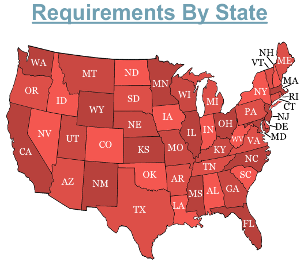

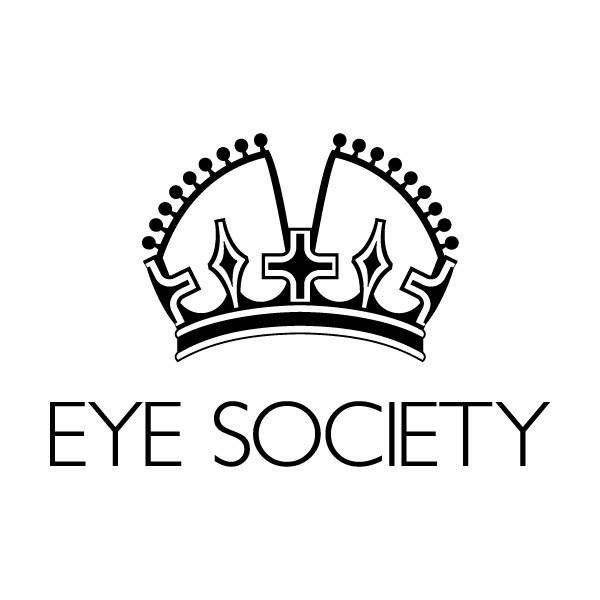

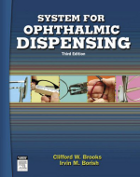
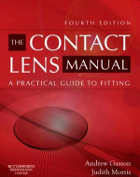
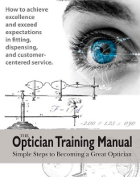

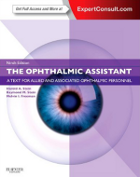
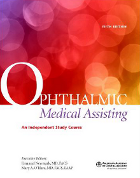
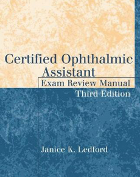
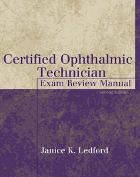
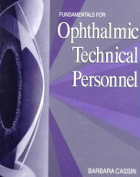
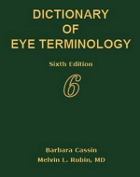
Please Leave Your Comment Below.